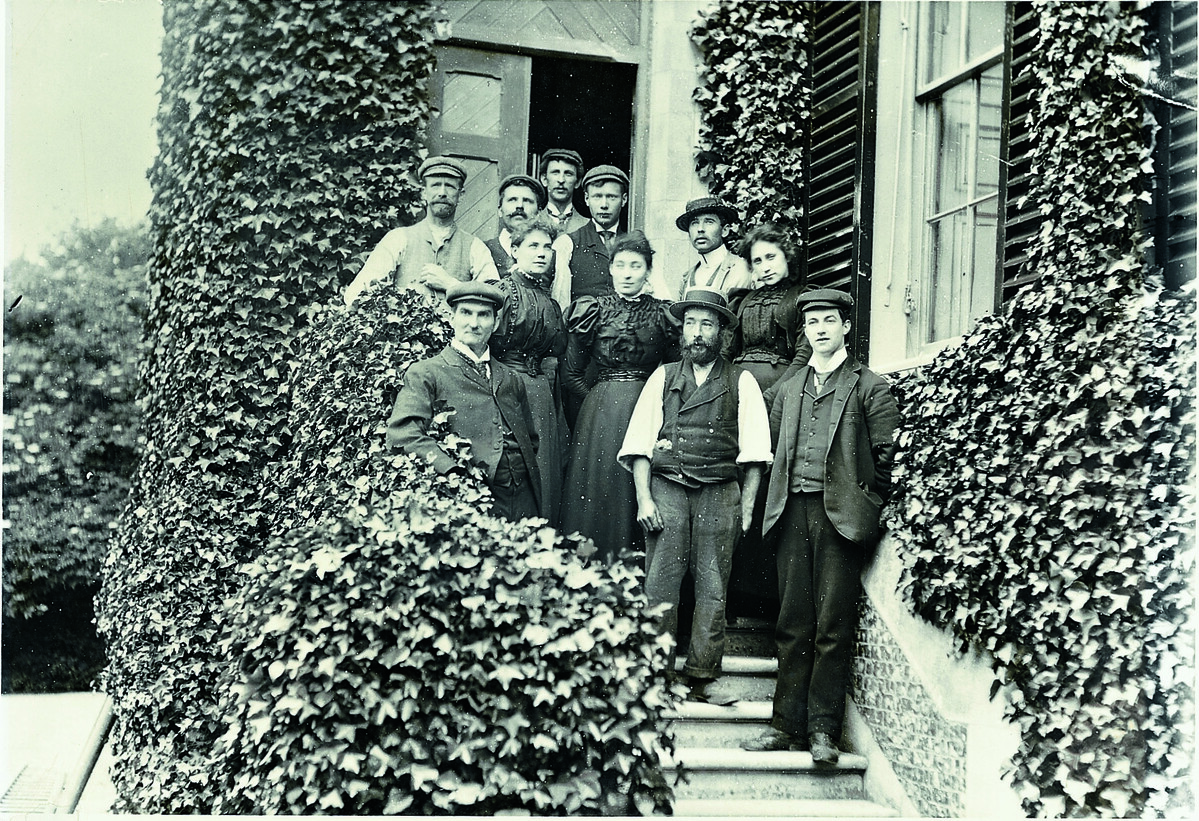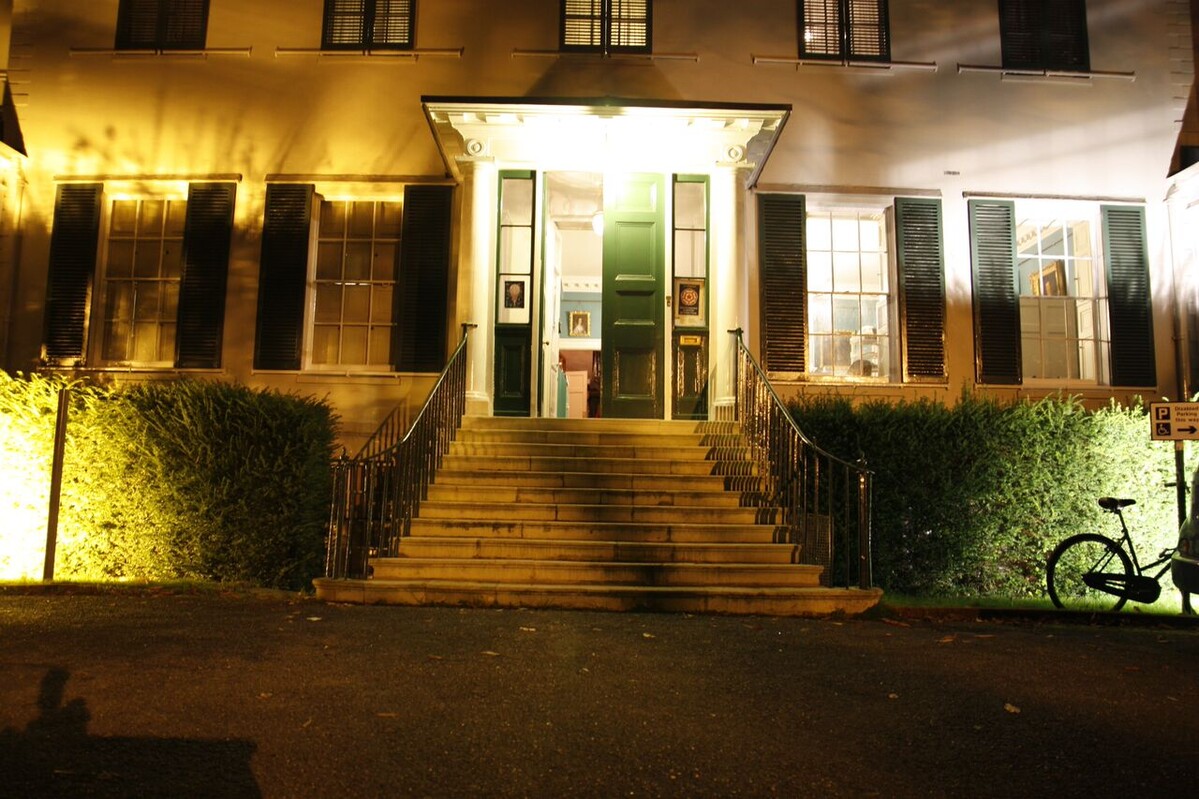Shadows of Empire: To Your Good Health
In many large and well-off Edwardian households, there was a strict adherence to social norms and expectations. At the top of the hierarchy was the head of the household, usually the husband or father. Below him were his wife and children. There were clear distinctions between masters, servants and family members of different ranks.
Each member of the household had specific roles and responsibilities based on their position in the hierarchy. The head of the household made the important decisions. They were also responsible for the household’s finances. The wife ran the household and oversaw domestic staff. Some women, of course, did challenge the social norms and become suffragists, suffragettes, artists, bohemians, teachers, travellers etc. But they were in the minority.

Servants were expected to be respectful and obedient to the family members above them in the hierarchy. They often addressed the family as ‘Sir’ and ‘Madam’ or ‘Your Ladyship’ (if the family were titled) to show respect.
Tea was as loved by servants as it was by their masters. Strong, sweet tea served as a pick-me-up, functioning almost like a medicine. It was common for a pot of tea to sit stewing on the range all day, from which hardworking servants would scoop a quick cup.
Surplus opium cultivated by the British East India Company made its way to Britain. Laudanum was a tincture of opium. In the 19th century it was commonly used in Britain as a painkiller and sedative. Available over the counter in Victorian Britain, it was the cause of a number of accidental deaths (and a few murders), as it was easy to overdose on it.

